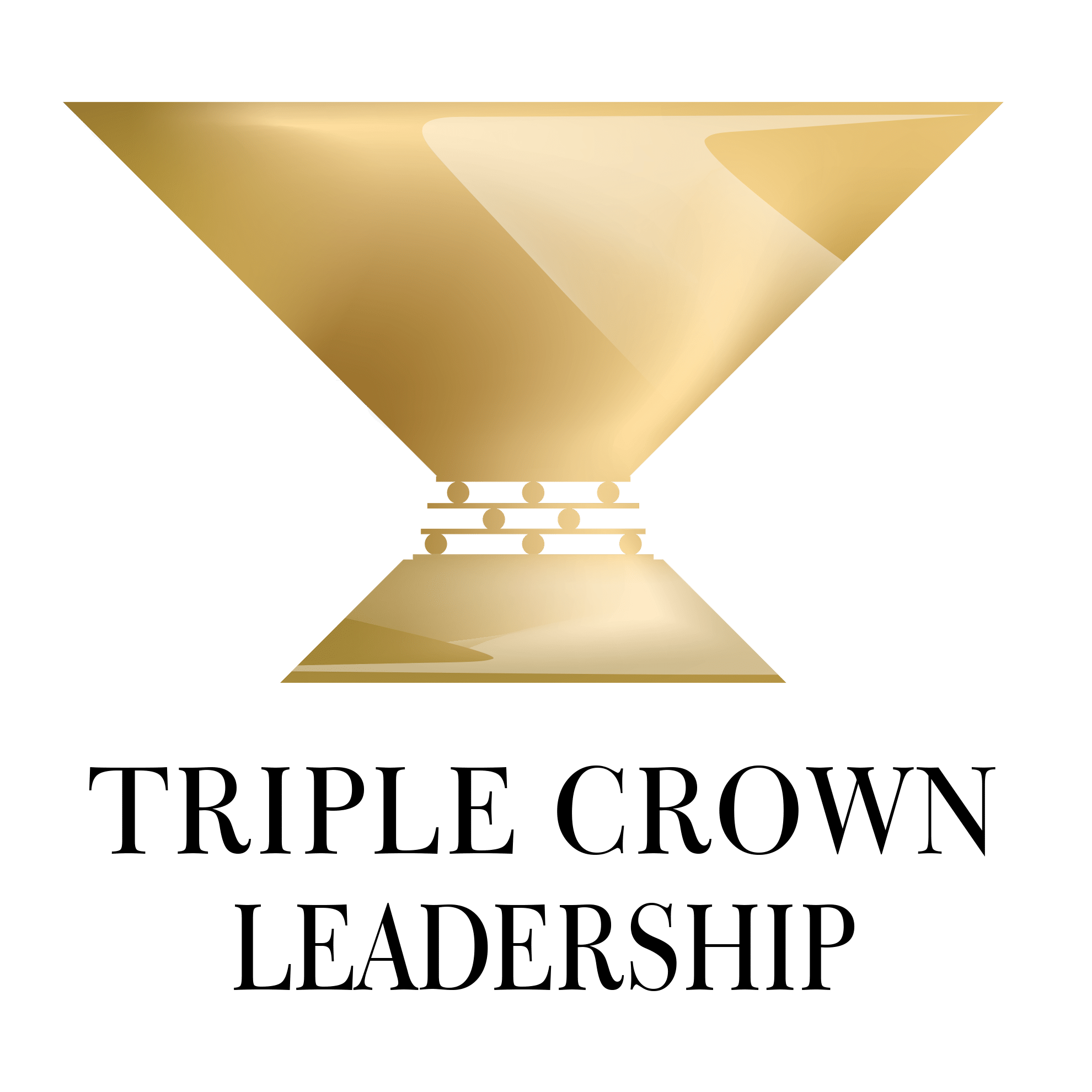
10 Leadership Myths and Half-Truths
Many leaders operate from half-truths or outright misconceptions about leadership, often leading to major mistakes. Here are examples. LEADERSHIP MYTHS Myth 1: Leaders Are Born, Not Made Many people believe that leaders are born, not made. We disagree. Some people may have more natural intelligence, be more outgoing, have innate speaking skills, or whatever, and these may be helpful in leadership. But leadership skills can be learned, not in the old lecture-take-notes model, but through experience, dialogue, role modeling, feedback, coaching, mentoring, and more. Leadership is learned, not an innate trait of the gifted few. Myth 2: Leaders
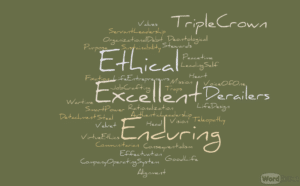
A Tireless Focus on Excellence
Interview with Steven Rothstein President, Perkins School for the Blind Leaders Speak Series Founded in 1829, Perkins School for the Blind operates in more than sixty countries with revenue of over $50 million. It offers free audio, Braille and large print books, and hundreds of newspapers by phone. The operations are complex, including a school, early intervention program, library, teacher training initiatives, publishing house, manufacturing division, technology division, and special services for the elderly. Marty Linsky, who teaches leadership at Harvard’s Kennedy School of Government, described Perkins and its President, Steven Rothstein, to us: “Rothstein took an organization that had
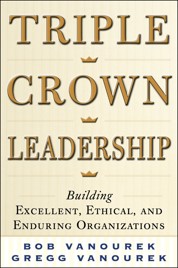
Creating a Great Place to Work
Interview with Mary Ann Tocio President and COO, Bright Horizons Family Solutions Leaders Speak Series Founded in 1986, Bright Horizons Family Solutions is a leading provider of employer-sponsored child care, early education, and work/life solutions. Conducting business in North America, Europe, and India, the privately held company has created employer-sponsored child care and early education programs for more than 850 clients, including more than 130 of the Fortune 500. Bright Horizons has consistently been the only child care organization named to the “100 Best Companies to Work for in America” list by FORTUNE magazine. Here are excerpts of our interview
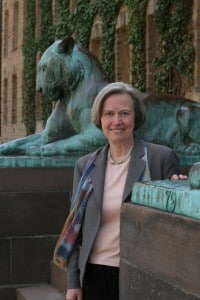
Leading a World-Class Institution
Interview with Dr. Shirley M. Tilghman President, Princeton University Leaders Speak Series Founded in 1746, Princeton University is consistently ranked as one of the finest institutions of higher education in the world. An honor-system school, the university’s informal motto is “Princeton in the Nation’s Service and in the Service of All Nations.” Distinguished alumni, students, and university leaders range from James Madison to Woodrow Wilson, F. Scott Fitzgerald, Eugene O’Neill, Jimmy Stewart, Jeff Bezos, Eric Schmidt, Meg Whitman, Ben Bernanke, Michelle Obama, and many others. Princeton is associated with 36 Nobel Laureates, 19 National Medal of Science winners, seven

It Takes Teamwork, Trust, & Values to Win
Leadership insights from John Krol Former chairman and CEO, DuPont Leaders Speak Series E. I. du Pont de Nemours and Company, commonly referred to as DuPont, is one of the world’s largest chemical companies. It was founded in 1802, and its stock is a component of the Dow Jones Industrial Average. John Krol joined DuPont in 1963 as a chemist and rose through the ranks to be its chairman and CEO. He has been active on many corporate and nonprofit boards, including Tyco International (for which we interviewed him for Triple Crown Leadership). John Krol, former chairman & CEO, DuPont

Turnaround Priority: Establishing Psychological Stability
For turnarounds to work, leaders must establish psychological stability in the organization. Too many turnaround leaders focus only on financial stability and neglect this critical element. In the turmoil of a turnaround, many people are demoralized, afraid, or angry. Some feel misled or on the verge of panic. Logo-inscribed ball caps stay in the closet. Some people bail quickly while others are out looking for new jobs. The turnaround leader must establish not only financial stability but also psychological stability. People need to be unfrozen, empowered to work on critical projects with confidence. At a successful turnaround Bob led, where
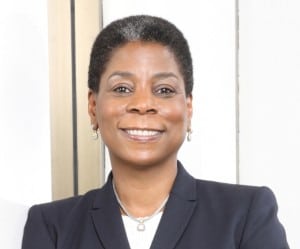
A Vision of Great Leadership
Interview with Ursula Burns Chairman and CEO, Xerox Leaders Speak Series Ursula M. Burns is chairman and CEO of Xerox. With sales approaching $23 billion, Xerox (NYSE: XRX) is the world’s leading enterprise for business process and document management. Burns joined Xerox in 1980 as a mechanical engineering summer intern and then worked her way up to the top. Alongside then-CEO Anne Mulcahy, Burns worked to restructure Xerox through its turnaround. Burns became CEO in 2009. Today, she leads the 140,000 people of Xerox who serve clients in more than 160 countries. Burns is also a board director of the
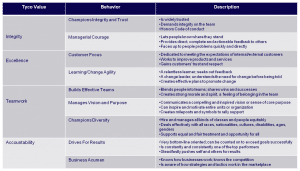
Why Tyco Threw Out Its Entire Board
Interview with John Krol and Ed Breen Tyco International Leaders Speak Series John Krol was elected to Tyco’s board in 2002 and served as lead director until 2008. He is the former chairman and CEO of DuPont. Edward Breen was chairman and CEO of Tyco from 2002 until September 2012, when the company separated into three public companies. Breen is currently non-executive chairman of the Tyco board. Prior to joining Tyco, Breen was president and COO of Motorola. Krol and Breen took over the leadership of Tyco International after its former CEO and CFO were jailed. The company, once a

Values and Culture Key to Success
Interview with the late Tony Hsieh, former CEO of Zappos, Leaders Speak Series Tony Hsieh was CEO of online retailer Zappos and author of Delivering Happiness: A Path to Profits, Passion, and Purpose. Here are excerpts of our interview with him for Triple Crown Leadership. How would you describe the organization’s leadership approach? Hsieh: We have a strong belief that in order for employees to want to stay with the company long-term they need to be continually learning and developing both personally and professionally. We have a team here called the “pipeline team.” The vision for them is that almost
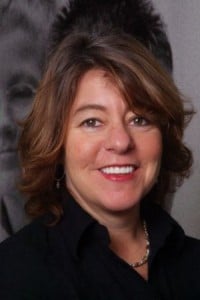
Leadership for Bold Social Impact
Interview with Bill Shore Co-Founder and CEO, Share Our Strength Leaders Speak Series Share Our Strength began in the basement of a row house on Capitol Hill in Washington, D.C. in 1984, in response to the famine then raging in Ethiopia. Brother and sister Bill Shore and Debbie Shore started the nonprofit organization with the belief that everyone has a strength to share in the global fight against hunger and poverty, and that in these shared strengths lie sustainable solutions. Today, the organization is dedicated to ending childhood hunger in the U.S. by ensuring all children get the healthy food
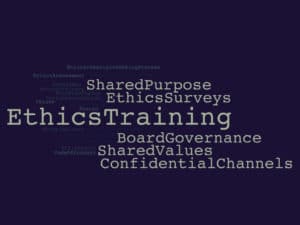
How to Make Good Leadership Decisions
How can leaders make so many bone-headed decisions? Leaders need an easy-to-use, bulletproof test for their decision-making. We offer one here. Bob recently attended sessions at the Markkula Center for Applied Ethics, where Stanford Professor Joseph Grundfest led some fascinating dialogue. We extrapolated the model that follows from that interaction. It is simple, memorable, and powerful: 1. Is it legal? 2. Is it ethical? 3. Is it smart? 1. Is It Legal? The minimum threshold for all decisions is “Is it legal?” Too many leaders rationalize illegal behavior: “The chances of getting caught are so small.” “I’m smart enough
Adaptable Leadership
Interview with Mike Critelli Former CEO and Chairman, Pitney Bowes Leaders Speak Series Mike Critelli was the CEO of Pitney Bowes (PB) from 1994 until 2007, continuing afterwards as Executive Chairman until 2008. PB, a leading provider of customer communication technologies, was one of the eleven companies identified by Jim Collins as “great” in Good to Great based on its financial performance. PB has also been a perennial award winner in many categories, from one of the top 200 companies for U.S. patents issued every year to a wide array of awards in leadership, technology, diversity, health, environment, and more. Here

How to Build a Culture of Character
Culture is simply “how we do things here,” a set of beliefs and habits that influence how people behave. Culture forms over time and determines what happens when authorities are not present, setting the tone for the organization and the norms for acceptable behavior. Lou Gerstner, after his spectacular turnaround of IBM, wrote, “…culture isn’t just one aspect of the game—it is the game.” Every organization has a culture, explicit or implicit. Explicit is better because it means the leaders understand the importance of culture and are paying attention to it. A healthy culture doesn’t guarantee success, but it provides
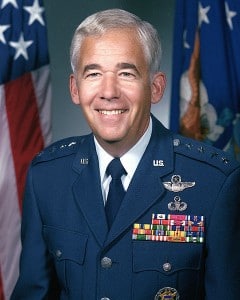
Do What’s Right
Interview with Four-Star General Jack Chain Former Commander-in-Chief, Strategic Air Command Leaders Speak Series The Strategic Air Command (SAC) was responsible for America’s land-based strategic bombers and nuclear, intercontinental ballistic missiles from 1946 to 1992. General Jack Chain was Commander-in-Chief of SAC from 1986 to 1991. Here are excerpts of our interview with him for Triple Crown Leadership, our roadmap for building an excellent, ethical, and enduring organization: What was your approach to leadership when you took command of SAC? Chain: The day after I was sworn in I invited all the officers and senior sergeants on the base in

Translating Mission & Values into Results
Interview with Bill George Harvard Business School Professor and Former CEO, Medtronic Leaders Speak Series Bill George was the COO, then CEO and Chairman, of Medtronic from 1989 through 2002, the years when annual revenue increased an average 18% and earnings increased 22%. A host of innovative products were introduced during this time, and the price-to-earnings ratio of Medtronic’s stock went from 11 to 45. But the Medtronic story goes beyond growth and earnings, demonstrating how to build an excellent, ethical, and enduring company. George is the author of Authentic Leadership, True North (co-authored with Peter Sims), Finding Your True

